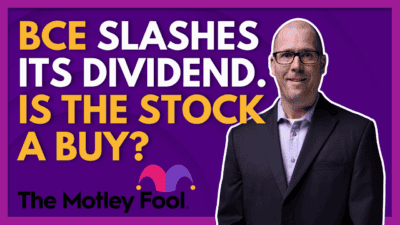It can be very intimidating buying an expensive stock like Shopify (TSX:SHOP)(NYSE:SHOP) at these levels. Choosing any individual stock, in fact, can be very time consuming and extremely stressful. There seems to be no rhyme or reason as to whether a stock will go up or down sometimes. This has been exemplified in the current stock market rally, where stocks are trading at such extreme valuations.
Canadian stocks are especially hard to choose at the moment. Bank stocks are down, and tech stocks are flying to the moon. This is the case all over the world at the moment, of course. You have to have a very strong stomach to invest in anything at the moment, unfortunately. For many investors, it might be a better idea to invest in an index fund rather than trying to pick individual names in these uncertain times.
Canada’s index
One of the oldest and largest ETFs in Canada is the iShares S&P TSX 60 Index ETF (TSX:XIU). This ETF has been around a long time and is still the go-to name for investors looking to track the performance of the TSX. The index holds all the largest names in the market, giving you exposure to numerous great Canadian companies in a low-cost, efficient manner.
This ETF holds names such as Enbridge (TSX:ENB)(NYSE:ENB), Royal Bank of Canada (TSX:RY)(NYSE:RY), as well as Shopify. As such, you get to benefit from the growth of all of these companies.
The ETF has a relatively low management expense ratio of 0.18%. It also has a fairly substantial dividend at 3% at the time of this writing. Owning this ETF is a great way to collect income, while taking out the risk of any individual stock. On the whole, the TSX is still relatively inexpensive with the ETF possessing an aggregate price-to-earnings ratio of about 13 times trailing earnings and a price to book of 1.79.
The downside
The biggest downside to the XIU has been its over-reliance on the energy, materials, and banking sectors. In the past, this over-reliance has held the index back. While this is still true, the index now has a heavier tech weighting thanks to large growth stocks like Shopify. If Canada continues to grow its tech and medical expertise, the index may continue to grow more diversified.
Aside from the concentration problem, there is also the issue that this ETF does not provide exposure to Canada’s many small, growing companies. In order to gain that exposure, you would need a more broad-based ETF.
The bottom line
If you want to invest in Canada’s largest companies, buying shares of the XIU is a great way to do so. It is quite cheap, has a simple strategy, and is widely held. If you are a beginning investor, this is a great way to gain exposure to the Canadian market.
Be aware of the fact that this company is still heavily exposed to financials and energy stocks. If you are not concerned with the heavy representation of these companies, this is a great way to go. Collect your dividends and hold Canada’s largest companies for the long term.







